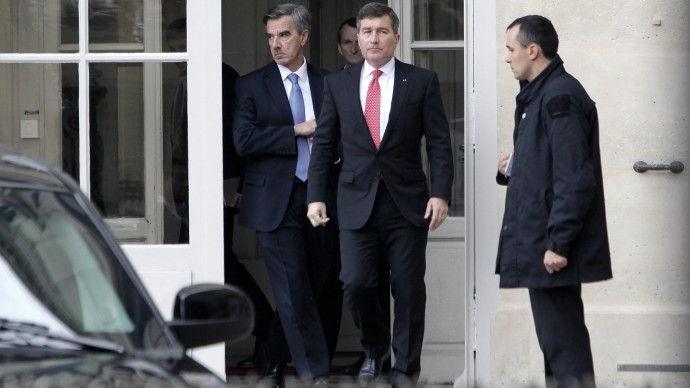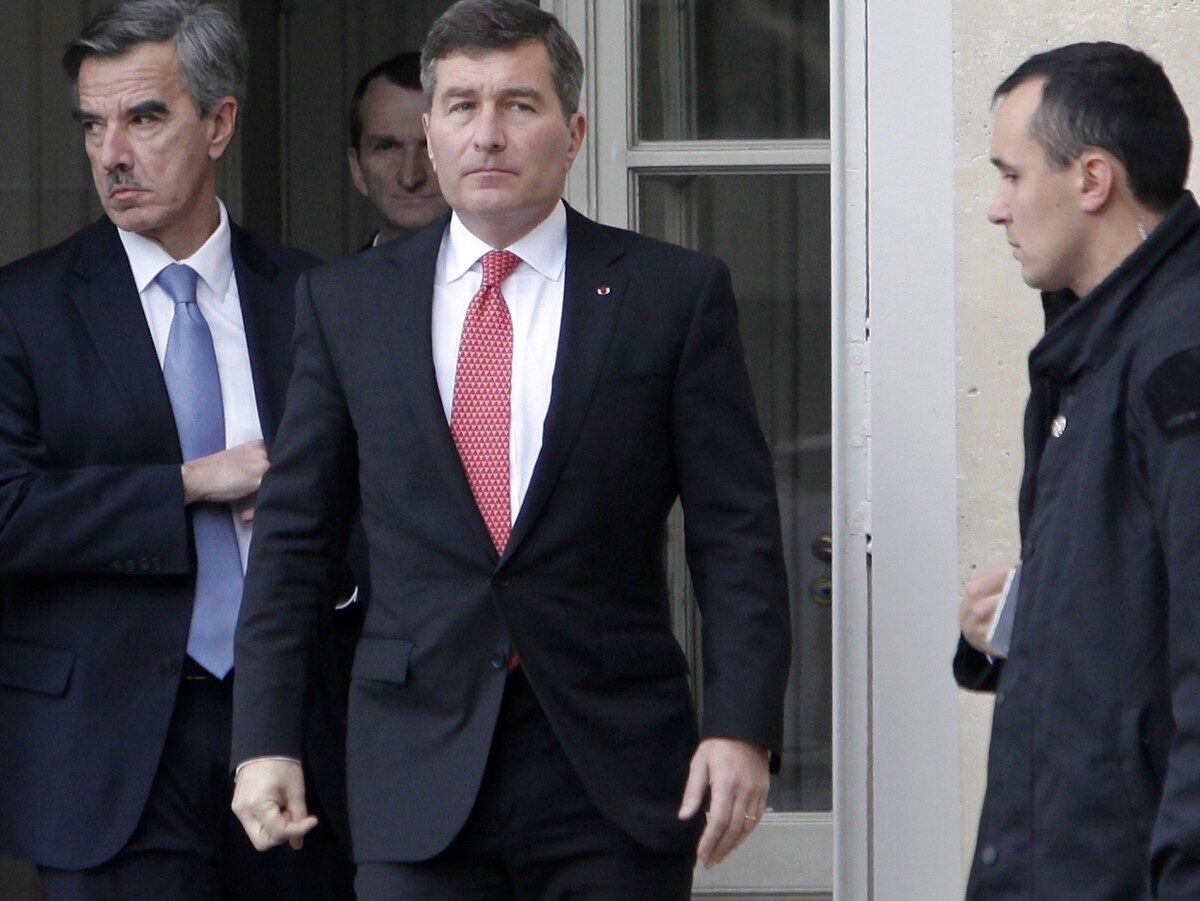
PARIS (AP) — The U.S. National Security Agency swept up 70.3 million French telephone records in a 30-day period, according to a newspaper report Monday that offered new details of the massive scope of a surveillance operation that has angered some of the country’s closest allies.
A look at recent reactions around the world to the revelations:
FRANCE
The French government summoned the U.S. ambassador for an explanation on Monday and renewed demands for talks on protection of personal data, as well as pledges that the surveillance would cease.
The report in Le Monde, co-written by Glenn Greenwald, who originally revealed the surveillance program based on leaks from former National Security Agency contractor Edward Snowden, found that when certain numbers were used, the conversations were automatically recorded. The surveillance operation also swept up text messages based on key words, Le Monde reported, based on records from Dec. 10 to Jan 7.
“This sort of practice between partners that invades privacy is totally unacceptable and we have to make sure, very quickly, that this no longer happens,” French Foreign Minister Laurent Fabius said during a meeting in Luxembourg with his European counterparts. Fabius said the U.S. ambassador had been summoned to the Foreign Ministry.
The most recent documents cited by Le Monde, dated to April 2013, also indicated the NSA’s interest in email addresses linked to Wanadoo — once part of France Telecom — and Alcatel-Lucent, the French-American telecom company. One of the documents instructed analysts to draw not only from the electronic surveillance program, but also from another initiative dubbed Upstream, which allowed surveillance on undersea communications cables.
The U.S “gathers foreign intelligence of the type gathered by all nations,” said Caitlin Hayden, spokeswoman for the National Security Council at the White House. “We’ve begun to review the way that we gather intelligence, so that we properly balance the legitimate security concerns of our citizens and allies with the privacy concerns that all people share.”
MEXICO
Der Spiegel reported that an operation dubbed “Flat liquid” accessed Mexico’s “presidencia” domain, purportedly used by former Mexican President Felipe Calderon and his Cabinet. Mexico condemned the report and promised a diplomatic note in protest.
Earlier, a document dated June 2012 indicated the NSA had read current Mexican President Enrique Pena Nieto’s emails before he was elected last year. Pena Nieto has said that would be an illegal act if it occurred, and his administration has demanded an investigation.
“In a relationship of neighbors and partners, there is no room for the kind of activities that allegedly took place,” Mexico’s government said in a statement Sunday.
BRAZIL
The reaction of Brazil’s president has been the strongest so far — she canceled a state visit to Washington and condemned the U.S. at the United Nations General Assembly.
Brazil officials have said they want to question Snowden directly, after information he leaked indicated President Dilma Rousseff’s communications with aides were intercepted, the computer network of state-run oil company Petrobras was hacked and data on billions of emails and telephone calls flowing through Brazil were monitored by the NSA.
GERMANY
German Chancellor Angela Merkel’s government canceled a Cold War-era agreement that allowed the U.S. and Britain the authority to request German authorities to conduct surveillance operations within the country to protect their troops stationed there.
Privacy is especially cherished in Germany after the country’s painful history of mass surveillance of citizens of communist East Germany and Adolf Hitler’s Nazi state.
“I can understand the anger in France. You don’t do that among partners. You don’t do that among friends. That is why it is important that everything becomes clear what happened. That applies to France. It applies to other countries, and also for Germany,” German Foreign Minister Guido Westerwelle said Monday. “We know there are security interests, but it is about finding the right balance between security interests and freedom rights.”
___


